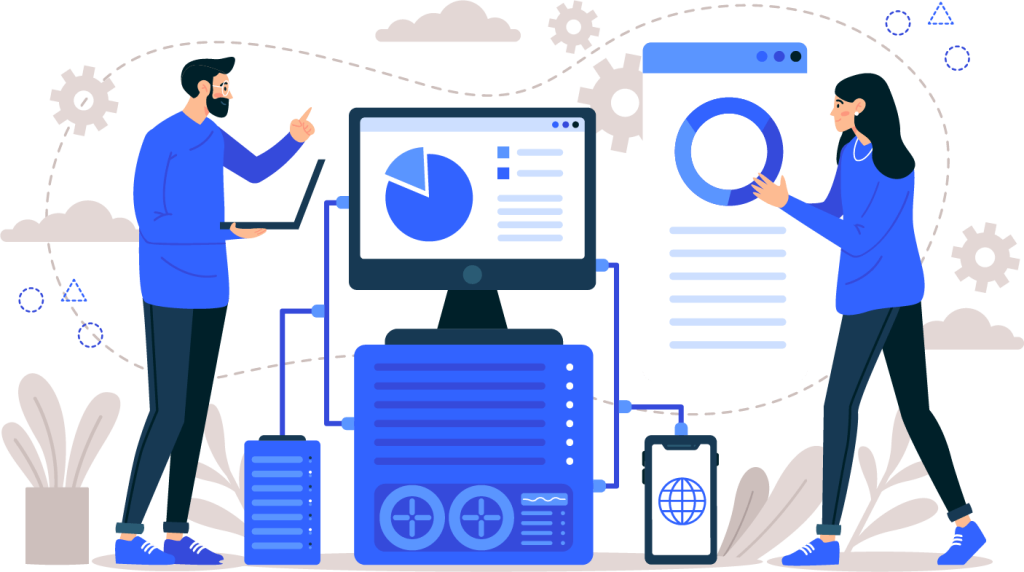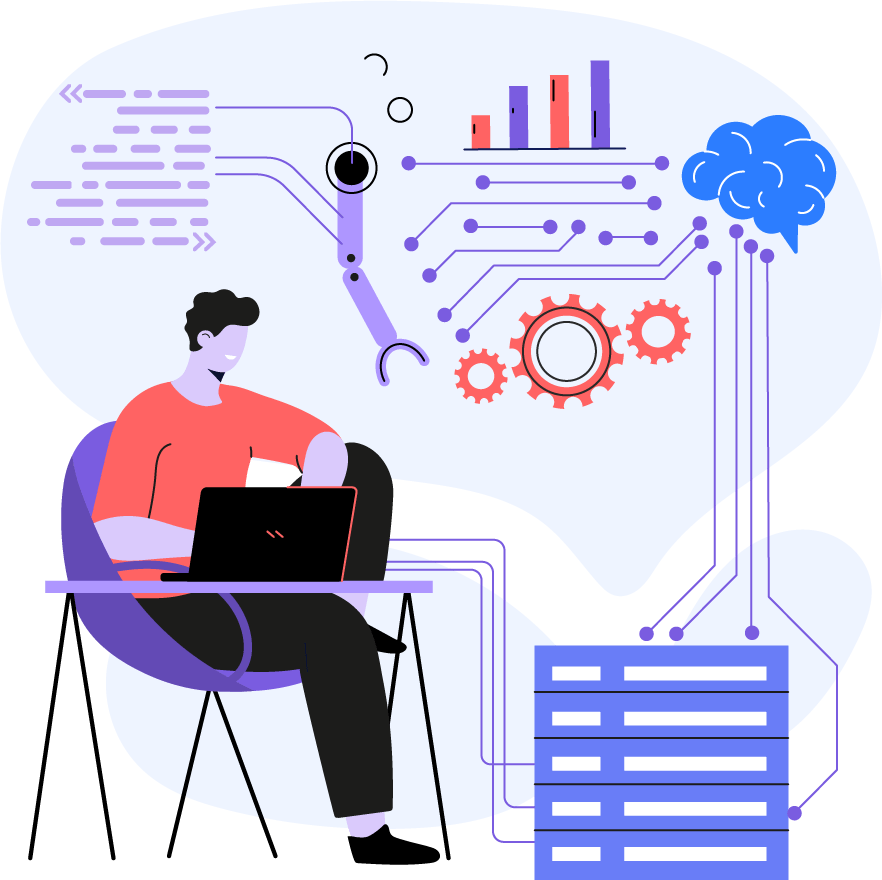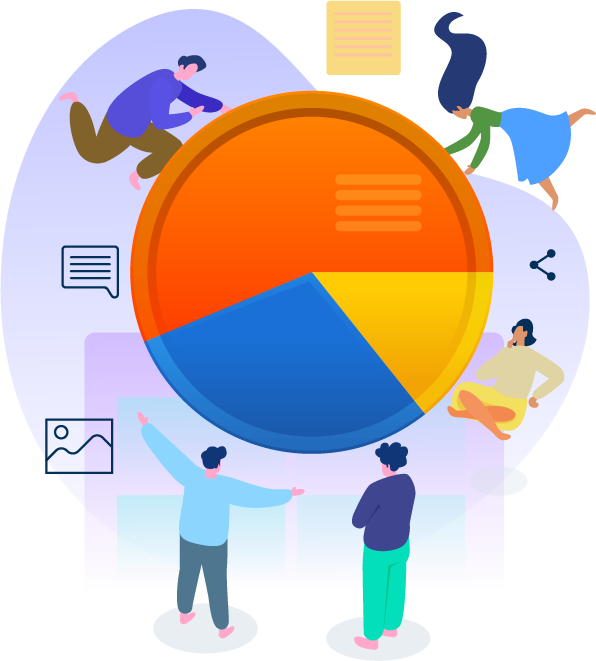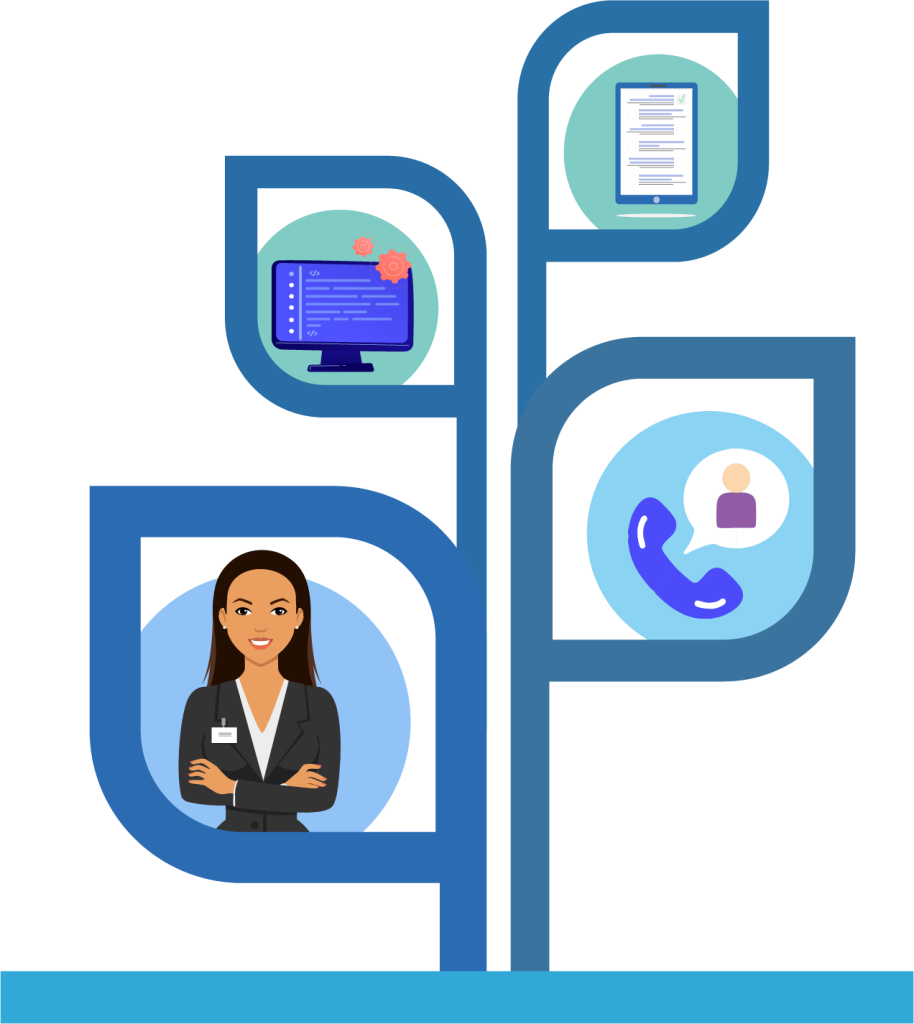About the Program
Superport-IT is a UK-based tech company delivering live UK Government projects in collaboration with departments such as the Home Office, Civil Service, Department for Transport, and the Government Digital Service.
To meet the growing demand for skilled talent, we run the AI & Data Science Lab & Recruitment Program, offering two specialised tracks:
• Data Science Track – For candidates already trained in Data Science and AI.
• Development Track – For candidates already trained in React.js and Node.js.
Through our Lab & Recruitment Program, you will:
• Work day-to-day with experienced professionals.
• Get hands-on with real-world projects from the UK Government.
• Build a portfolio that proves your skills in a competitive job market.













